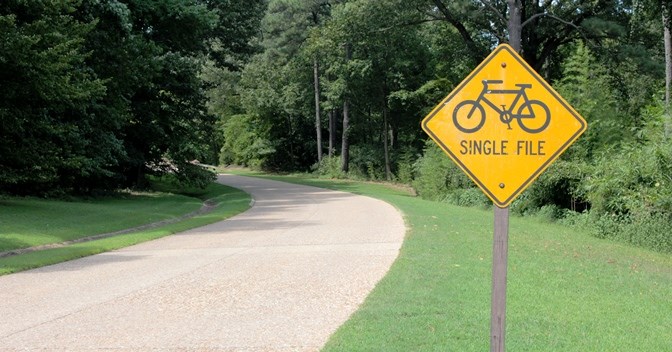
COVID-19 ResponseFollowing guidance from the White House, Centers for Disease Control and Prevention, and state and local public health authorities, we are increasing access and services in a phased approach across all units of the National Park System. Before visiting a park, please check the park website to determine its operating status. Updates about the overall NPS response to COVID-19, including safety information, are posted on www.nps.gov/coronavirus.
Ticks are prevalent. Mostly active spring to fall, these pesky biters can transmit Lyme disease and other illnesses. To protect yourself:
Bicycle Bicycling is permitted on the 24 mile Colonial Parkway that connects Historic Jamestowne to Yorktown. The Colonial Parkway has rolling hills and traffic. Cycling the Colonial parkway is recommended for intermediate or expert cyclist only and not recommended for children cyclist. Cyclists are required to ride single file.Bicycle accidents can occur anywhere - even in a national park. We want your visit to the park to be safe and enjoyable. Please observe the national park regulations and safety suggestions on this page. Parents and group leaders: Please set an example of responsible cycling. Historic Jamestowne Tour Loop Drive and Yorktown Battlefield Tour Roads Safety issues prohibit buses, motor homes or vehicles over 5-tons from using them. All state and local traffic regulations apply. COLONIAL PARKWAY TUNNEL Fun Fact: Tunnel was built in 1942 and is 1,190 feet long. | |
Last updated: March 4, 2022
